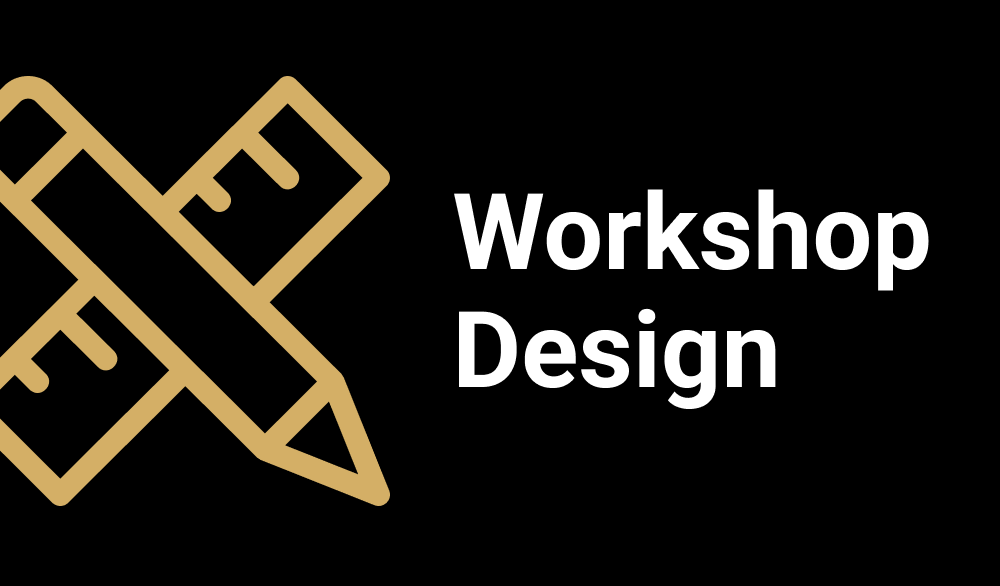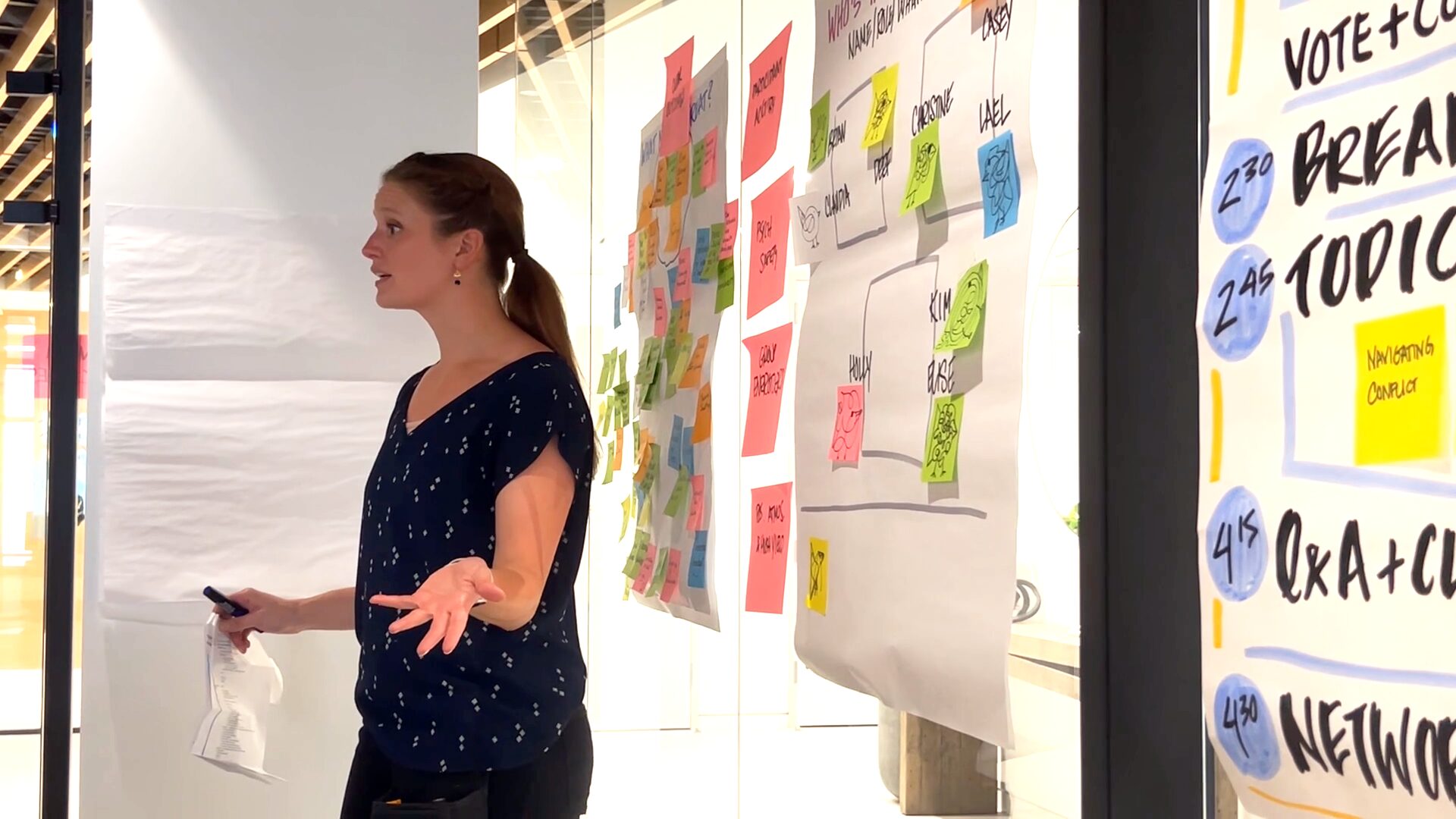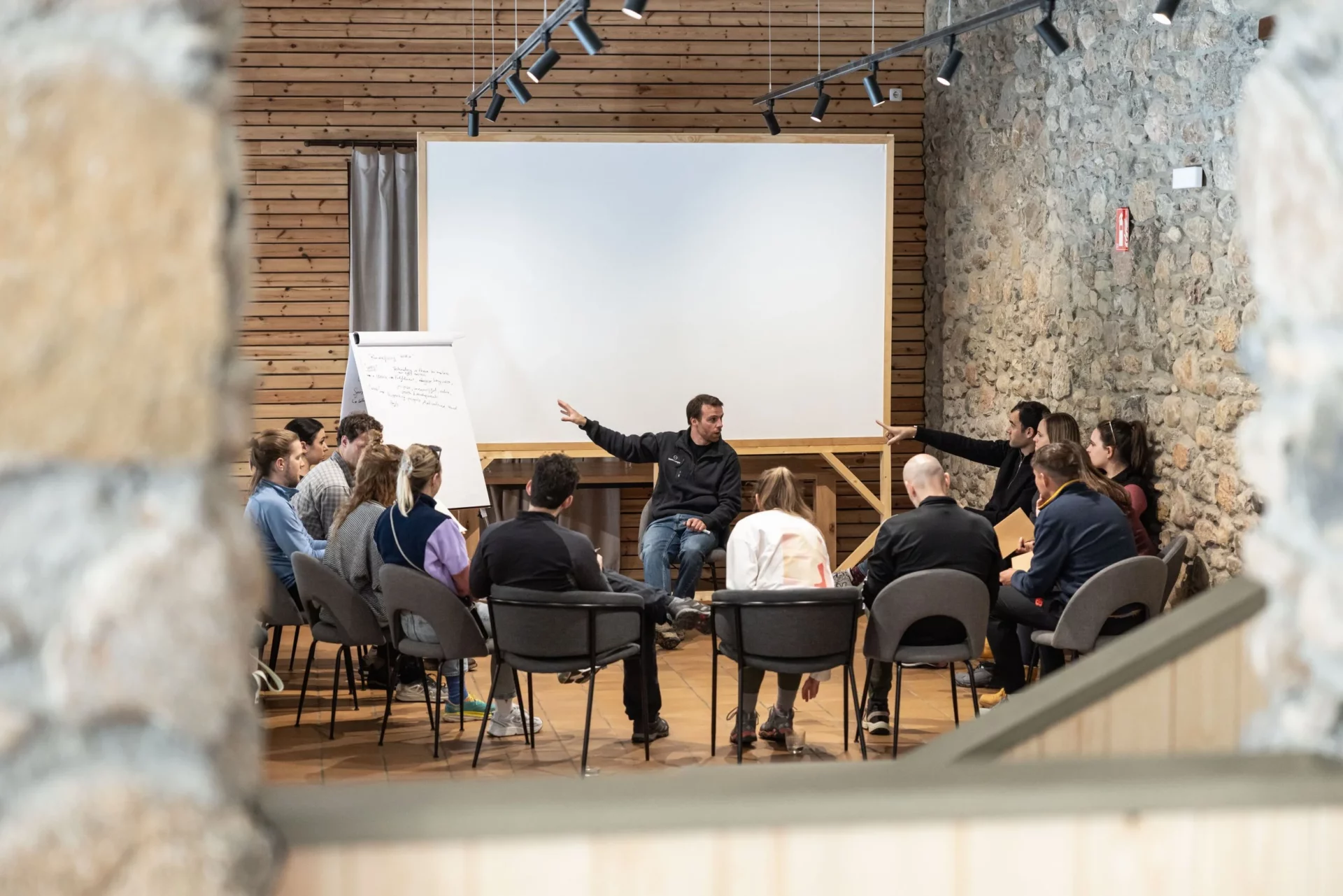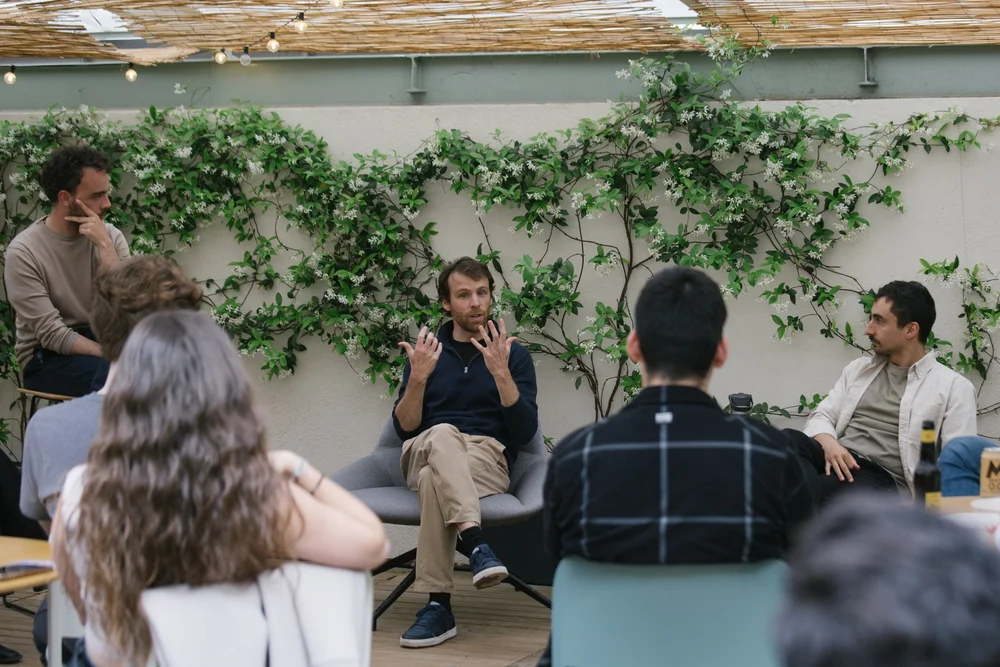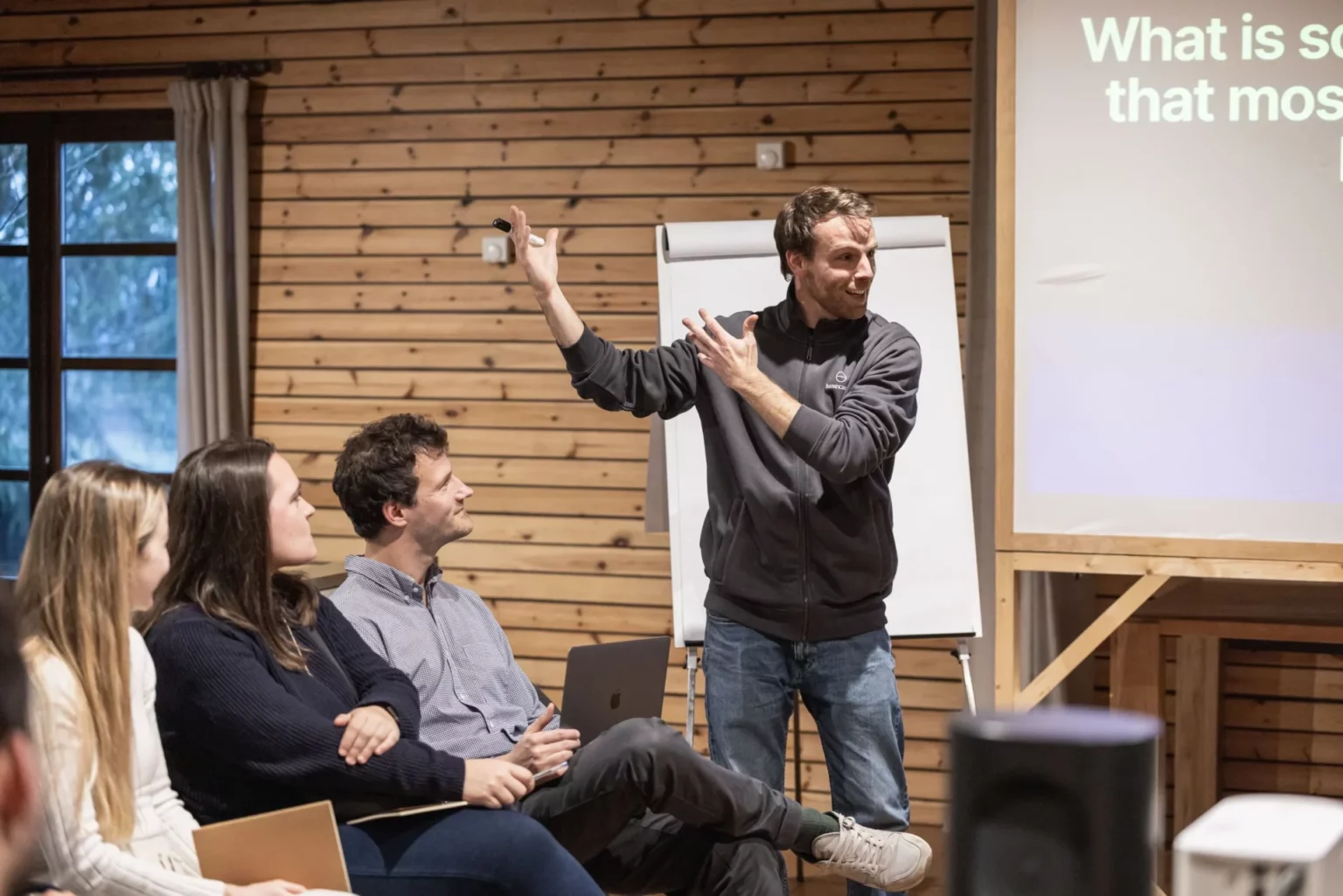Library of facilitation techniques
find the right tool for your next session
Feedback: Start, Stop, Continue
Regular, effective feedback is one of the most important ingredients in building constructive relationships and thriving teams. Openness creates trust and trust creates more openness. Feedback exercises aim to support groups to build trust and openness and for individuals to gain self-awareness and insight. Feedback exercises should always be conducted with thoughtfulness and high awareness of group dynamics. This is an exercise for groups or teams that have worked together for some time and are familiar with giving and receiving feedback. It uses the words “stop”, “start” and “continue” to guide the feedback messages.
Who are you? The pirate ship exercise (dinámica del barco pirata)
This an easy but powerful exercise to open a meeting or session and get participants to reflect on their attitudes or feelings about a topic, in the organization, team, or in the project.
Trust Battery
This self-assessment activity allows you and your team members to reflect on the ‘trust battery’ they individually have towards each person on the team, and encourages focus on actions that can charge the depleted trust batteries.
Walking questions
This is a great facilitation technique to answer open questions of trainees with a "What if" learning style. It prevents the facilitator from answering all questions herself. With this method trainees can:
- close knowledge gaps
- find solutions for personal problems
- imagine themselves using their new knowledge in future and prepare themselves for obstacles
Impact and Effort Matrix
In this decision-making exercise, possible actions are mapped based on two factors: effort required to implement and potential impact. Categorizing ideas along these lines is a useful technique in decision making, as it obliges contributors to balance and evaluate suggested actions before committing to them.
Action Plan Workshop: The Arrow
This workshop aims to help participants define, decide and achieve their goals. By supporting participants to envision where they want to be in a number of years on a holistic level, and defining the steps that will take them there, participants get a clearer picture of the action they need to take.
Letter to Myself
Often done at the end of a workshop or program, the purpose of this exercise is to support participants in applying their insights and learnings, by writing a letter and sending it to their future selves. They can define key actions that they would like their future self to take, and express their reasons why change needs to happen.
Rock, Paper, Scissors (Tournament)
This is a fun and loud energiser based on the well-known “Rock, Paper, Scissor” game - with a twist: the losing players become the fan of the winners as the winner advances to the next round. This goes on until a final showdown with two large cheering crowds!
It can be played with adults of all levels as well as kids and it always works!
Check-In Questions
This tool gives suggestions for how to do different kinds of check-ins. Checking-in is a simple way for a team to open a session or start a project. Groups go through different stages: when they start; during a project; and when a project ends. You can support the group by asking different questions at different times.
Powerpoint Karaoke
Powerpoint Karaoke is an improv game where volunteers take turns presenting slide decks that they've never seen before, in front of a live audience.
Sync Claps
This circle exercise is simple, but challenging and very effective for generating focus and alignment in a group. Participants stand in a circle and send a clap around the circle. Each clap involves two members of the group clapping their hands at the same time. The group tries to move the clap around the circle faster and faster with as much synchronization as possible. The exercise gets even more challenging when the “double clap” is introduced and the clap can change direction.
